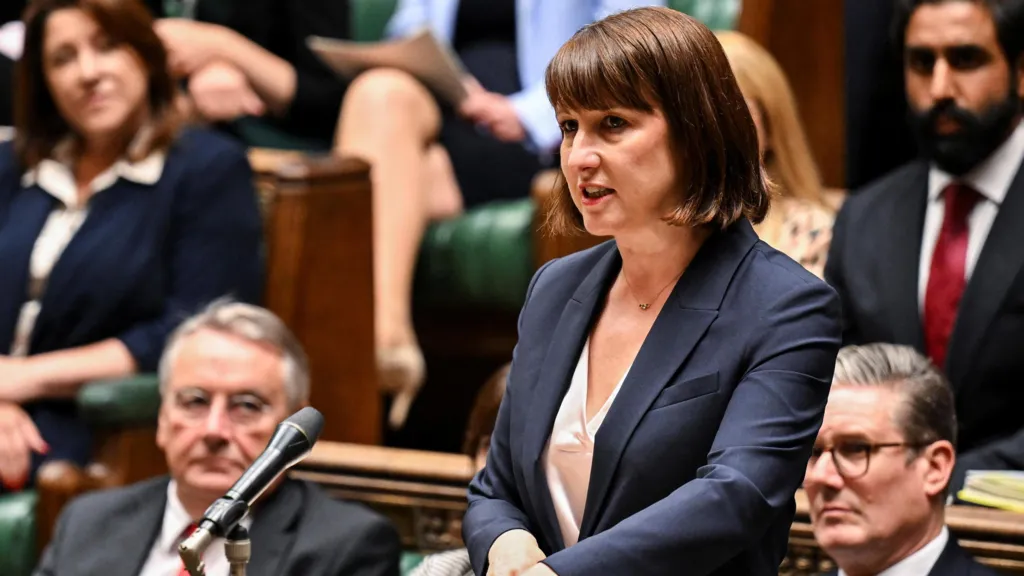
 Getty Images
Getty ImagesThe chancellor will set out her plans for the UK economy during the Spring Statement on Wednesday 26 March.
Rachel Reeves has ruled out further tax rises, but faces difficult choices because of the weak performance of the UK economy and world events.
She is due make her statement in Parliament at about 12:30.
Afterwards, the Office for Budget Responsibility (OBR) - which monitors the government's spending plans - will publish its forecast for the UK economy.
It will also say whether it thinks the government will stick to its self-imposed rules on borrowing and spending.
Reeves will present the watchdog's main findings alongside her economic plans.
Shadow chancellor Mel Stride will respond for the Conservatives.
Reeves has committed to one major economic event each year - the Budget.
She has already signalled that she will neither raise taxes nor government budgets in this statement.
However, with the government under pressure over its finances, she is expected to update her growth forecast, and provide more detail on policies already announced.
Welfare spending
Cuts designed to save £5bn year by 2030 from the welfare bill were announced on 18 March.
These include stricter tests for personal independence (Pip) payments, affecting hundreds of thousands of claimants, and a freeze on incapacity benefits.
However, Reeves is now expected to expand the welfare cuts after the OBR calculated that the reforms would save at least £1bn less than planned.
The Department for Work and Pensions (DWP) is due to publish details about who will be affected by the changes.
Civil service
The chancellor has pledged to reduce government running costs by 15% by the end of the decade.
About 10,000 civil service jobs are expected to go, including staff who work in HR, policy advice, communications and office management.
Aid and defence
The chancellor will argue that "the world has changed", and the government must respond accordingly.
Reeves is expected to confirm a £2.2bn increase in defence spending. This will help the government meet its existing pledge to spend 2.5% of national income on defence by 2027.
Tax changes
Personal tax rises have been repeatedly ruled out. But UK taxes on big firms may change as part of a deal to avoid US trade tariffs.
This could include the 2% Digital Services Tax (DST) which raises about £800m a year from global tech giants like Amazon and Meta.
Reeves has two main fiscal rules:
She has repeatedly said her rules are "non-negotiable".
However the OBR's forecast is expected to confirm that low financial growth and higher government borrowing costs are making it much harder to meet these rules by the 2029-30 financial year, as planned.
In February the Bank of England halved its growth forecast for the UK in 2025.
The economy grew by just 0.1% between October and December 2024, while the latest monthly figures show it shrank by 0.1% in January.
When an economy is growing slowly - or contracting - businesses may not take on extra workers or give pay rises. Lower profits mean firms pay less in tax, which funds government spending.
Business costs will also rise in April when minimum wage rates increase and National Insurance contributions paid by employers go up. This could be passed on to consumers.
Meanwhile inflation is rising faster than wanted.
The current 3% rate is above the Bank of England's 2% target - and is expected to increase in 2025.
The Bank moves interest rates to try and keep inflation on target, and cuts are less likely when prices rises are above 2%.
Higher interest rates make loans, credit cards and some mortgages more expensive, but mean better returns for savers.
Reeves has also warned that a potential global trade war - as a result of new worldwide US tariffs, would further lower growth and raise inflation.
